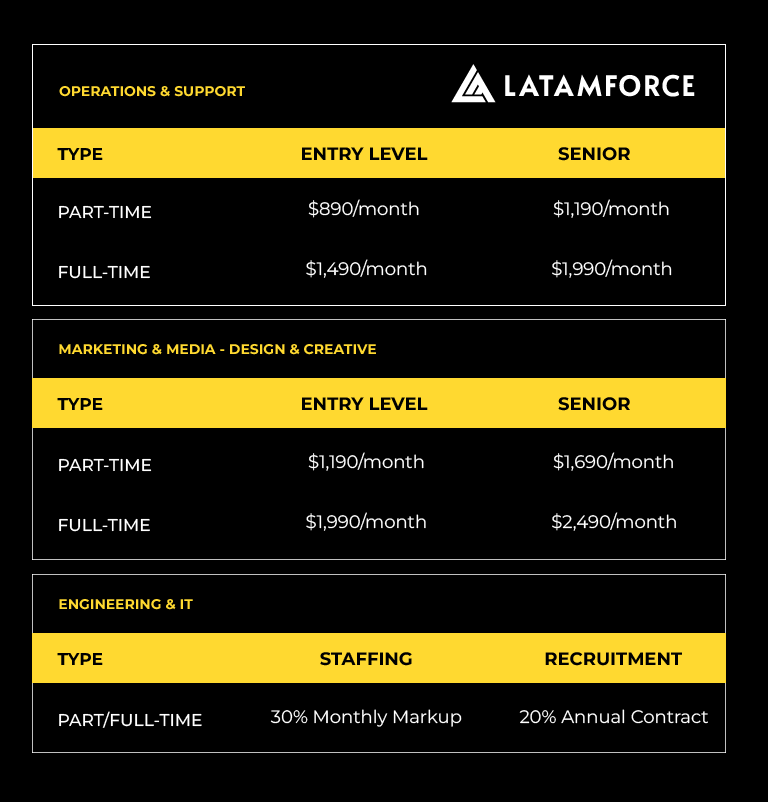Bridging the Distance: Effective Communication Strategies for Remote Teams with a Generation Gap
The modern workforce is a tapestry woven with threads from multiple generations. From Baby Boomers to Gen Z, remote teams are increasingly common, and with them comes the challenge of bridging the communication gap between these diverse age groups.
Effective communication is essential for any team’s success, but in a remote setting, where nonverbal cues are limited and preferred communication styles can differ, it becomes even more critical. Let’s explore some strategies to ensure clear, collaborative communication across generations in your remote team.
Understanding Generational Communication Styles
The first step is acknowledging the communication preferences of different generations. Here’s a simplified breakdown:
- Baby Boomers: They often favor face-to-face meetings and phone calls, valuing clear structure and hierarchy in communication.
- Gen X: This generation is comfortable with both in-person and email communication, often seeking concise and direct messages.
- Millennials: They are digital natives, preferring instant messaging and video conferencing. They prioritize collaboration and feedback.
- Gen Z: This tech-savvy generation thrives on visual communication (think emojis and GIFs) and thrives in open communication environments.
Building Bridges: Communication Strategies for Remote Teams
Now that we have a basic understanding of generational preferences, let’s delve into actionable strategies:
-
Embrace a Multi-Channel Approach: Don’t rely solely on one communication tool. Offer a variety of options like project management platforms, instant messaging apps, video conferencing software, and even good old-fashioned email. This empowers team members to choose the method that best suits their needs and comfort level.
-
Transparency is Key: Regular team meetings (both formal and informal) help foster a sense of connection and transparency. Leaders should clearly communicate goals, expectations, and updates, ensuring everyone is on the same page.
-
Leverage Technology Wisely: Utilize technology to bridge the gap. Project management tools can streamline communication and keep everyone organized. For those less comfortable with video calls, offer transcripts or recordings for later reference.
-
Promote Open Dialogue: Encourage a culture where open communication is valued. This means creating a safe space for team members to ask questions, share ideas, and provide feedback regardless of age.
-
Embrace Flexibility: Recognize that some team members may require more detailed instructions than others. Be flexible with communication styles and adapt your approach based on the recipient.
-
Training and Development: Offer training sessions to equip all team members with the necessary skills to navigate different communication tools. This can help bridge the digital divide and ensure everyone feels comfortable using the chosen platforms.
-
Foster a Culture of Respect: Most importantly, cultivate a team environment built on mutual respect and appreciation for diverse perspectives. Encourage team members to learn from each other’s communication strengths.
Building Strong Remote Teams: Beyond Communication
Effective communication is just one piece of the puzzle. Here are some additional tips for fostering a strong remote team:
-
Team-Building Activities: Organize virtual team-building events or social gatherings to help team members connect on a personal level, fostering a sense of camaraderie that transcends generations.
-
Emphasize Recognition: Recognize and celebrate the contributions of all team members, regardless of age. This helps build morale and create a sense of belonging.
-
Prioritize Work-Life Balance: Remote work offers flexibility, but it can also blur the lines between work and personal life. Encourage team members to set boundaries and respect one another’s schedules.
By implementing these strategies, you can bridge the communication gap in your remote team and create a collaborative environment where everyone feels valued, respected, and empowered to contribute their best work. Remember, a successful remote team thrives on open communication, mutual respect, and a willingness to embrace the strengths of each generation. Book a call with one of our specialists today to discuss how our nearshoring agency can help you find the perfect offshore talent for your business needs.





